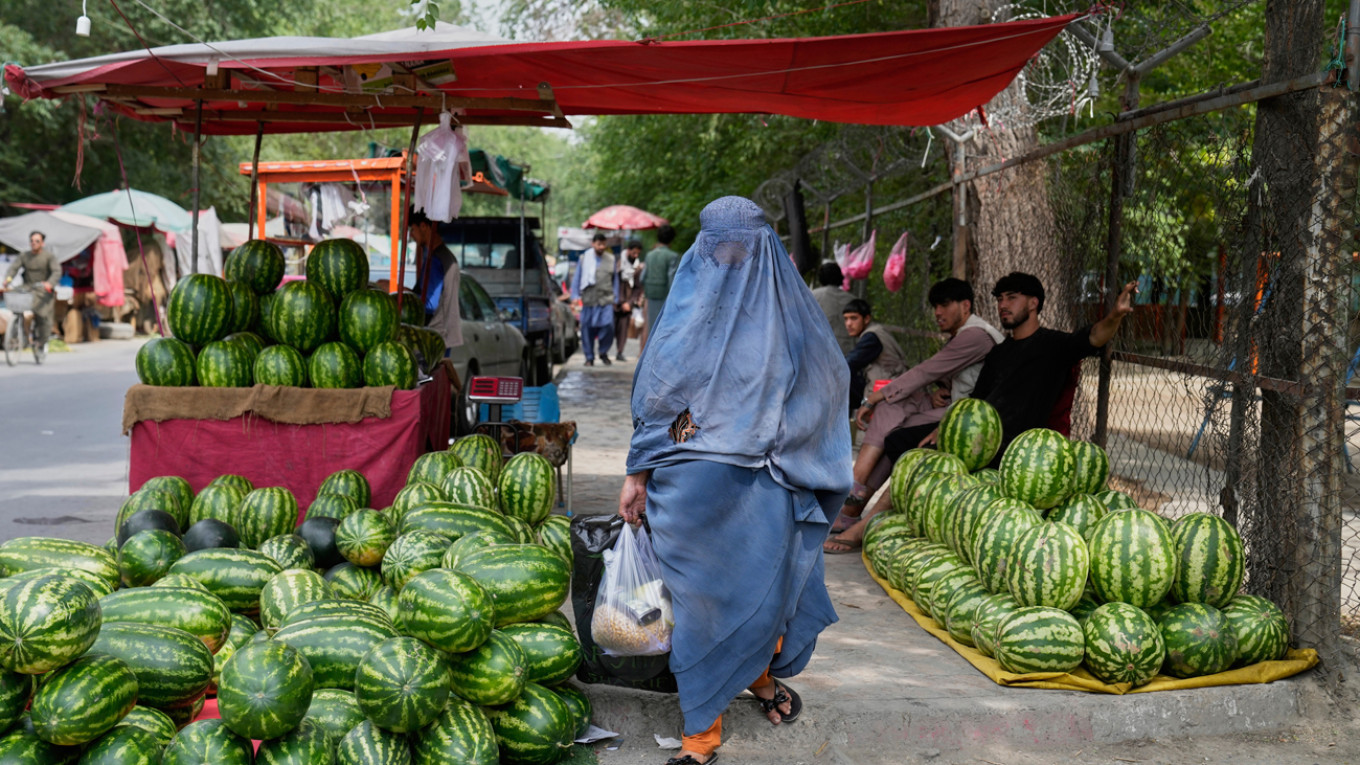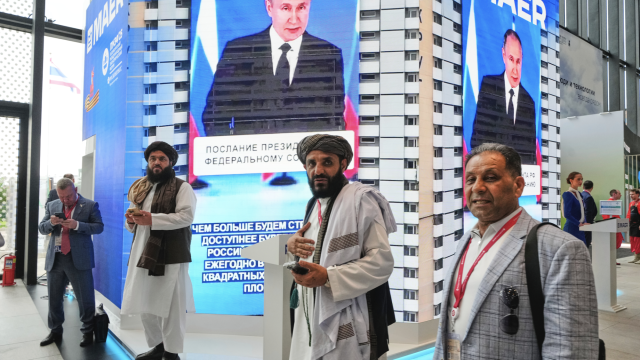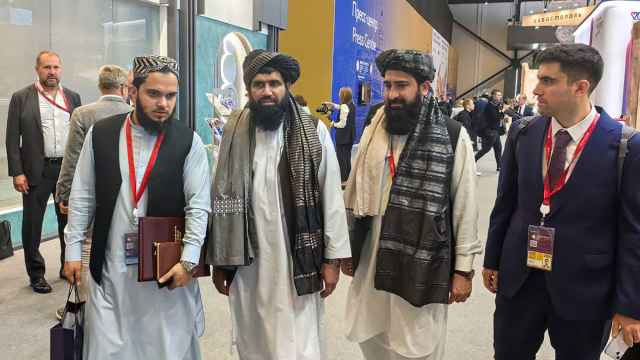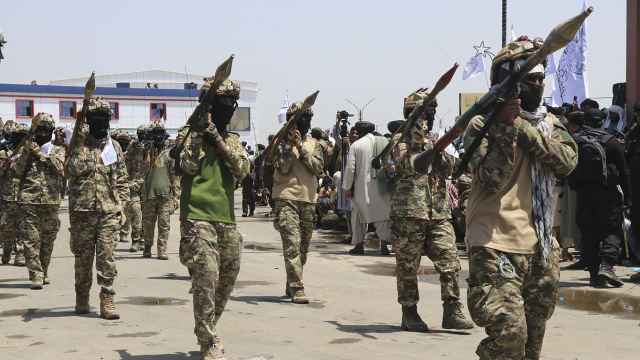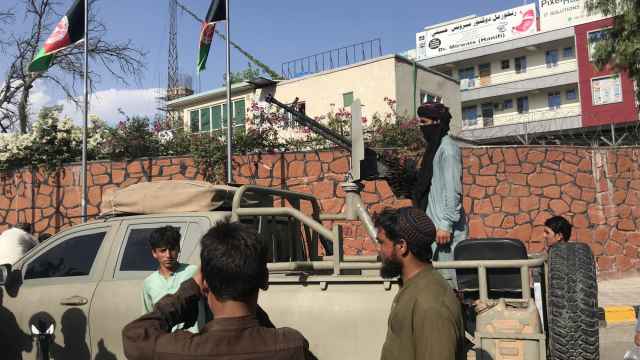A U.S.-sanctioned Russian telecom equipment developer installed 4G mobile network systems in Afghanistan last year to provide mobile services for up to 10 million people, the Vedomosti business newspaper reported Thursday.
The work highlights Moscow’s deepening ties with the Taliban since the Islamist group returned to power in 2021 following the withdrawal of U.S. forces from Afghanistan.
The St. Petersburg company Protey’s installation of a 4G core network — the central system needed for mobile phones to work — in Afghanistan marks the first time the company has exported its technology abroad, according to Vedomosti.
The core network was developed in cooperation with Russia’s state telecom provider Rostelecom and claims to be the first domestic solution that could replace foreign hardware and software.
Protey’s moves follow exits by major telecom suppliers like Ericsson and Nokia, and the scaling back of operations by Chinese firms like Huawei and ZTE after the Taliban’s return.
The Russian-made core network was installed in 2024 in four of Afghanistan’s 34 provinces, said Rostelecom Vice President Alesya Mamchur, without naming the regions. She said the equipment would help provide mobile service for up to 10 million of Afghanistan’s approximately 40 million people.
Protey has been under U.S. sanctions since last year for operating in an economic sector “determined to support Russia’s military-industrial base.”
On April 17, Russia's Supreme Court removed the Taliban from its list of designated terrorist organizations, where it had been listed since 2003. Although stopping short of formally recognizing the Taliban government, the move reflects the Kremlin's shift toward new regional alliances after its invasion of Ukraine strained its ties with traditional partners.
Russian and Taliban officials have since vowed to switch trade payments to national currencies, build railway lines and rebuild a vital Soviet-built highway that connects Kabul with northern Afghanistan and Central Asia.
A Message from The Moscow Times:
Dear readers,
We are facing unprecedented challenges. Russia's Prosecutor General's Office has designated The Moscow Times as an "undesirable" organization, criminalizing our work and putting our staff at risk of prosecution. This follows our earlier unjust labeling as a "foreign agent."
These actions are direct attempts to silence independent journalism in Russia. The authorities claim our work "discredits the decisions of the Russian leadership." We see things differently: we strive to provide accurate, unbiased reporting on Russia.
We, the journalists of The Moscow Times, refuse to be silenced. But to continue our work, we need your help.
Your support, no matter how small, makes a world of difference. If you can, please support us monthly starting from just $2. It's quick to set up, and every contribution makes a significant impact.
By supporting The Moscow Times, you're defending open, independent journalism in the face of repression. Thank you for standing with us.
Remind me later.


